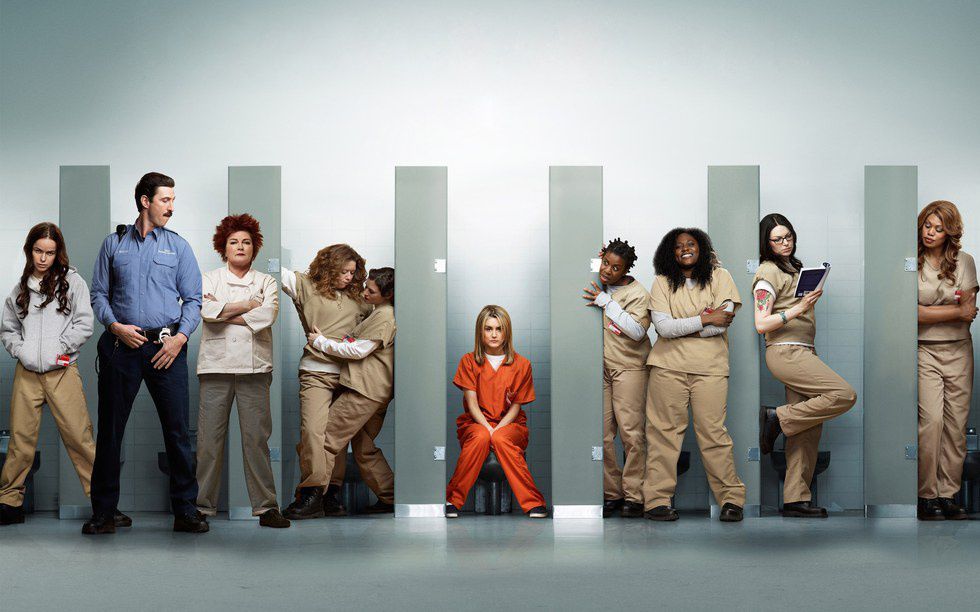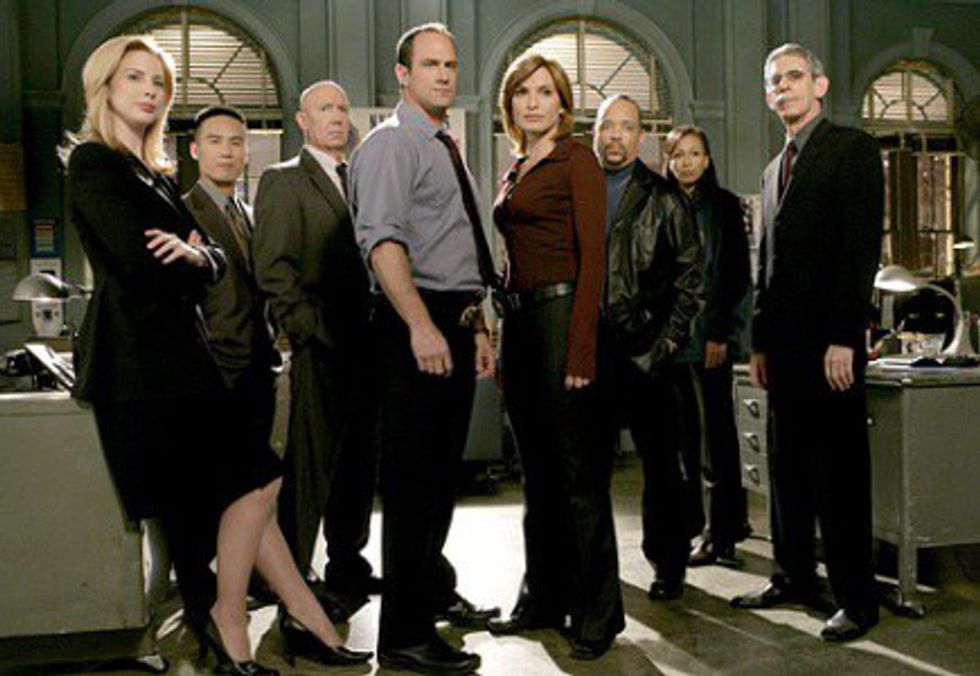In today’s society, we’re obsessed with crime and criminal behavior. With shows like Orange is the New Black, Criminal Minds, and Law and Order, we want to do everything in our power to understand not just how crimes are committed but the criminal motivations behind it. But how accurately do media portray this life of crime?
It’s safe to assume that directors and actors of our favorite crime TV shows don’t have a degree anywhere related to criminal justice; however, most of these companies do have a group of legal advisors on standby to make sure that they get whatever laws they’re citing are correct. But there’s still a breakdown in communication. Two especially popular misconceptions are that you can’t prove rape without a live victim and that you can’t prove murder without a body. Even though both situations are more difficult without those factors, it’s not impossible. Seems like there needs to be a little more consulting before the next set of episodes airs.
Another unrealistic aspect of crime TV is the unusually fast trials. While it is true that a defendant appear in front of a judge within 72 hours of arrest for his or her initial hearing, full trials and sentencing doesn’t happen in a three-day period. Trial prep is so much more extensive than what is allotted within an hour run time. Whether you’re the prosecutor or the defense, no attorney can be ready to proceed with trial days after catching a case. Numerous interviews are conducted; evidence is processed, and strategies must be defined. The equivalent of an attorney preparing for trial in days would be that of a student cramming for a final in a class he or she has never stepped foot in. The odds of the situation ending ideally are slim to none.
Let’s not forget what life is actually like behind bars. While prisoners are allowed certain indulgences (TV time, recreation, educational opportunities, etc.), it’s not all quiet and solitary, as media would like to portray. There is constant noise in these facilities, and cells are shared in general population. Inmates are also responsible for certain aspects of prison life by helping with the kitchen, laundry, and janitorial work. While prison food isn’t just bread and water or some sort of gray mush, these men and women aren’t served burgers and omelets. Sure, visitors can buy them something more delectable from the prison store or vending machines, but don’t you also eat better when you visit your mom or grandmother?
Having a background in criminal justice makes me more biased against media depiction of how this whole system works. I pick up on inaccuracies as fast as those in the medical field who watch Grey’s Anatomy. I can suspend reality to the extent of believing that a criminal is caught days (sometimes hours) after the crime is committed, but some TV shows and movies push the boundary a little too far. So next time you’re watching Law and Order: SVU or CSI remember that those are simply for entertainment, and please don’t cite to them when arguing with a criminal justice major.
DUN DUN!
























